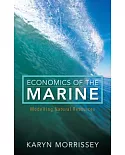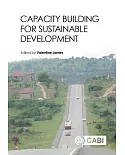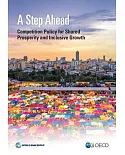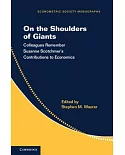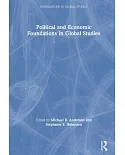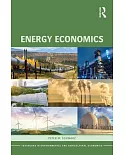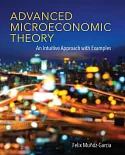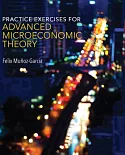Despite progress in recent years, poverty incidence remains very high in the Philippines, and poor households are highly vulnerable to the recent dramatic increases in food prices. In response
to this problem, this research report investigates how Philippine policymakers can lower prices and reduce poverty. Using a dynamic-recursive computable general equilibrium model calibrated to
a social accounting matrix of the Philippine economy, as well as other tools, the report simulates the effects of trade reform and increased rice productivity. The results indicate that
diminished protection for major food items and investments in greater inbred-rice productivity have the potential to reduce prices and poverty in the Philippines. This report will be a valuable
resource for policymakers,development specialists, and others trying to cope with the challenges of rising food prices.



